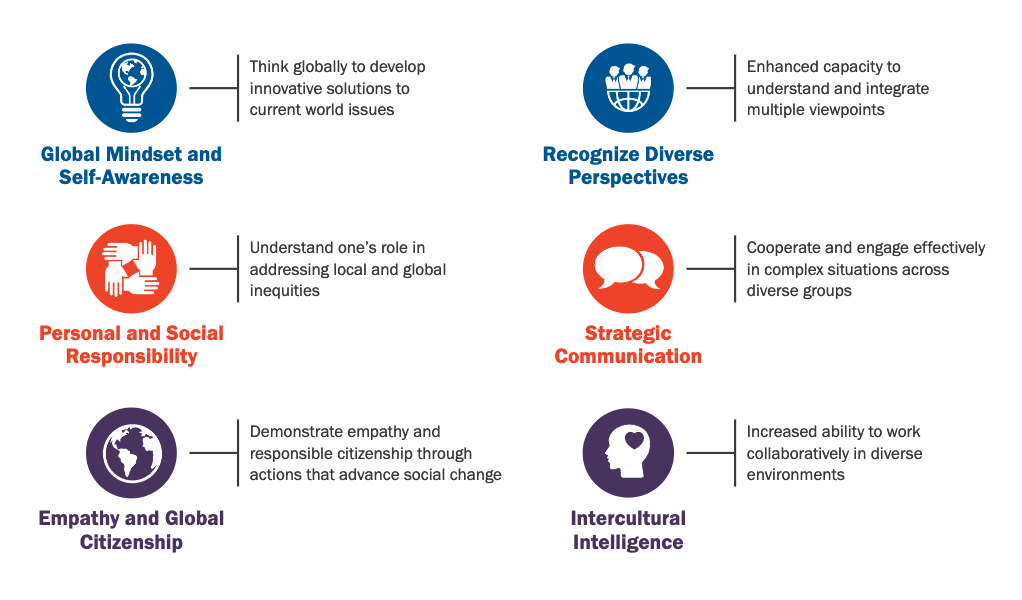Program Learning Outcomes and Curriculum
Your program curriculum is designed to ensure graduates acquire the essential skills, knowledge, and attitudes appropriate and relevant to both the needs of students and employers.
Program Vocational Learning Outcomes
Program vocational learning outcomes describe what graduates of the program have demonstrated they can do with the knowledge and skills they have achieved during their studies. The outcomes are closely tied to the needs of the workplace. Through assessment (e.g., assignments and tests), students verify their ability to reliably perform these outcomes before graduating.
The program vocational learning outcomes for this program are
-
- Analyze, diagnose, and solve various truck and coach power system problems by using problem-solving and critical thinking skills and strategies and by applying fundamental knowledge of truck and coach operation, components and their interrelationships.
- Diagnose and repair truck and coach advanced HVAC systems and controls in accordance with legal requirements and manufacturer’s recommendation.
- Diagnose and repair truck and coach engine and engine management systems in compliance with manufacturers’ recommendations.
- Diagnose and repair truck and coach electrical, electronic, personal safety, and emission components in compliance with manufacturers’ recommendations and specification.
- Diagnose and repair truck and coach drive train components and systems in compliance with manufacturers’ recommendations.
- Diagnose and repair truck and coach steering, suspension, and brake components and systems in compliance with manufacturers’ recommendations.
- Disassemble and assemble truck and coach components to required specifications by applying workshop skills and knowledge of basic shop practices.
- Select and use a variety of troubleshooting techniques and diagnostic equipment to assess truck and coach electrical/ electronic circuits, management and fuel systems, and subsystems.
- Apply knowledge of hydraulics and pneumatics to the testing and inspection of truck and coach systems and subsystems
- Produce supporting documentation at the appropriate industry standard using the correct and current terminology required by the field.
- Use information technology and computer skills to access proper service data concerning repair procedures and manufacturers’ updates.
- Prepare logs, records, and documentation in accordance with the truck and coach standards.
- Apply business practices, project management skills, and communication skills to improve customer service.
- Assist in quality-control and quality- assurance programs and procedures.
- Develop and use personal and professional strategies and plans to improve professional growth, job performance, and work relationships.
- Complete all assigned work in compliance with occupational, health, safety, and environmental law; established policies and procedures; codes and regulations; and in accordance with ethical principles.
Essential Employability Skills Outcomes
Essential Employable Skills (EES) are skills that, regardless of a student’s program or discipline, are critical for success in the workplace, in day-to-day living, and for lifelong learning. Graduates will reliably demonstrate abilities in six skill categories:
Global Citizenship and Equity Learning Outcomes
There are six Global Citizenship and Equity (GCE) learning outcomes integrated into Diploma and Advanced Diploma programs as a component of Centennial’s Signature Learning Experience (SLE). The SLE reflects the College’s promise to provide students with a distinctive and inclusive educational experience that builds on a foundation of global citizenship, equity, and social justice. Certificate and Graduate Certificates also include at least two GCE learning outcomes. The GCE learning outcomes are:
- Identify one’s role and responsibilities as a global citizen in personal and professional life.
- Identify beliefs, values and behaviours that form individual and community identities and the basis for respectful relationships.
- Analyze issues of equity at the personal, professional, and global level.
- Analyze the use of the world’s resources to achieve sustainability and equitable distribution at the personal, professional, and global level.
- Identify and challenge unjust practices in local and global systems.
- Support personal and social responsibility initiatives at the local, national, and global level.
Global Citizenship and Equity Portfolio
As a component of the SLE, Diploma and Advanced Diploma program students will complete the Global Citizenship and Equity (GCE) Portfolio. Building the GCE Portfolio is a process of documenting your GCE learning. Each item selected for inclusion in the portfolio demonstrates growth and understanding of Global Citizenship and Equity within your program of study.

Students are encouraged to develop their GCE Portfolio beginning in their first semester. You will add artifacts from coursework and accompanying reflections as well as artifacts arising from co-curricular activities, volunteering, etc. to your portfolio as you progress through the program. You are encouraged to use the ePortfolio tools available on eCentennial, as well as to develop an online professional portfolio presence through LinkedIn and/or other personal websites/blogs.

